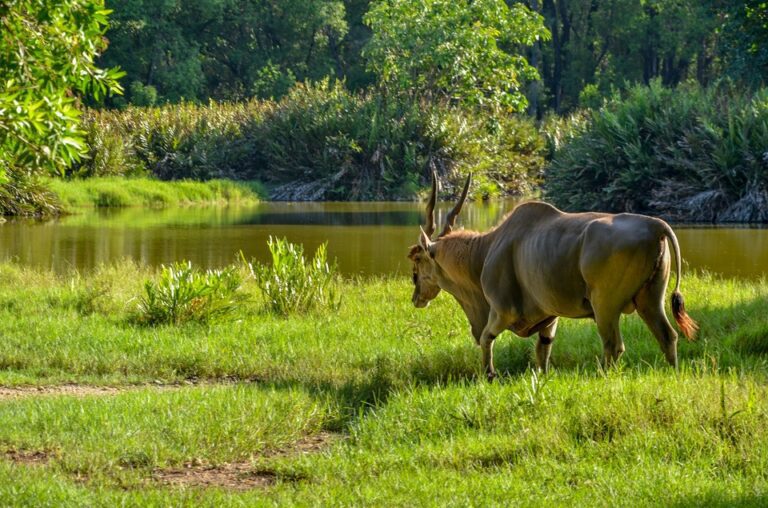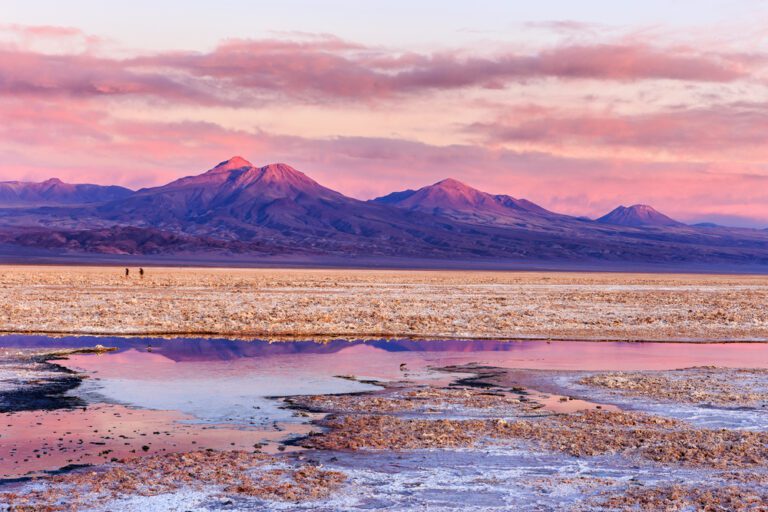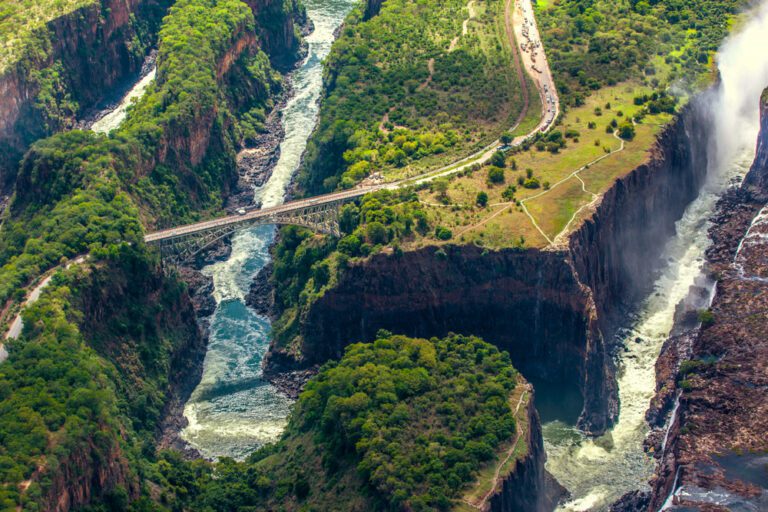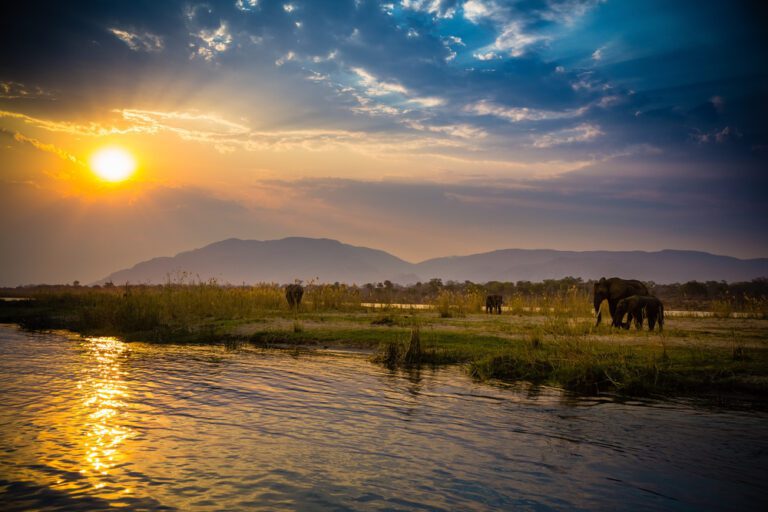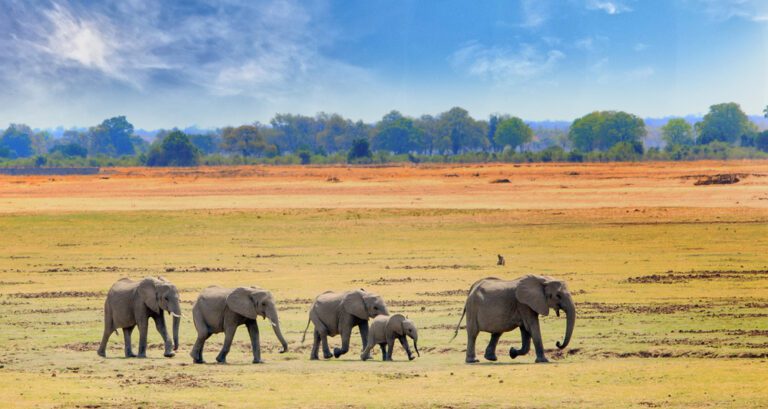IN THE EARLY HOURS OF 2 June 1953, guests sleeping at the Pen-y-Gwryd Hotel heard an urgent knocking on their doors and were instructed by the proprietor to assemble downstairs. They were among the first to learn that mortals had stood on the highest point on Earth, finding out not long after Queen Elizabeth II, who was crowned later that day Gluhwein was served in celebration. A version of this triumphant scene could have played out in a chalet in Switzerland or a log cabin in Alaska.
However, the spiritual home of the British 1953 Everest expedition was a little pub in a blustery mountain pass in Snowdonia, which served as their training base. Staying at the Pen-y-Gwryd Hotel, these men tested themselves against the surrounding Welsh mountains – peaks that measured beside the Andes or the Alps as mere molehills. They can be ascended after a fry-up and descended intime for a pint before teatime. And yet these modest peaks have a long, unlikely association with humankind’s most heroic mountaineering feats.
‘These are small mountains of course,’ explains the current owner of Pen-y-Gwryd, Rupert Pullee, leaning on the timber bar. ‘But they are mountains nonetheless, and they need to be respected.’ He shows me cabinets full of memorabilia donated by expedition members. There is the rope that tethered Tenzing Norgay and Sir Edmund Hillary together. There are oxygen canisters with faded Union Jack insignia -tested on the Snowdonian peak of Try fan (913m) before being put to use in the Himalayas (more than 8,000m). Over the fireplace is a pebble from Everest’s summit pocketed by Hillary. And there are yellowing pictures of expedition members attending reunions at Pen-y-Gwryd over the years – their hair whitening and their numbers dwindling with each photograph, until the series stops in the late nineties.

The hotel itself has changed little in the half-century since the expedition members first came here. Walkers and climbers congregate by log fires after the afternoon sun sinks into the Irish Sea. Staying guests are summoned to breakfast by a gong, to eat boiled eggs kept warm in individual woollen hats. There are relics from the hotel’s past as a mountain rescue post, too: when barmen and willing customers would put down their pints and step outside to find lost souls on the mountain. And there is a guest list of ghosts. Rupert tells me about a 19th-century carriage driver he once saw smiling back at him from behind the bar. Other staff speak of a spectral runner on the A498 outside the hotel. And there is talk of a sudden chill in the games room, where the bodies of the injured and deceased were taken after they were carried off the mountainside.



